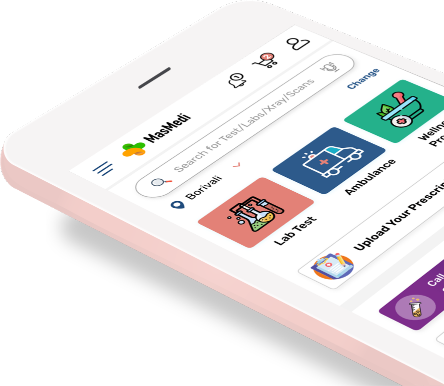Sample Type
Gender
Age Group
Urine
Male/Female
All Age Group
The body's cells use only a portion of the vital mineral calcium, which is primarily found in bones. A urine calcium test, also known as a urinary Ca+2 test, is carried out to determine the level of calcium in the urine. The test is suggested in cases of bone illnesses, kidney stones, and issues with the parathyroid gland even when conditions with high or low calcium levels do not indicate any warning symptoms. To determine the level of phosphorus in 24-hour urine, a phosphorus test is run on a sample collected during 24-hour urine collection. This test is used to confirm kidney stones, hypophosphatemia, hyperphosphatemia, and hyperphosphatemic conditions. Low dietary phosphorus intake, insulin, excessive dietary potassium consumption, and impaired intestinal phosphorus absorption are some factors that contribute to decreased urine phosphorus excretion. The increased plasma uric acid level is reflected by the higher level of uric acid in the urine. Urinary acid is filtered by the body's glomeruli and then reabsorbed by the tubules when there is active tubular secretion. When a doctor notices symptoms that could be caused by excessive uric acid levels, he or she may advise a 24-hour urine-uric-acid test to quantify and interpret the urine analysis.
best labs
Option Near Youlab comparison
As per your budgetAffordable
Price GuaranteedUNBIASED ADVICE
On LabsSUNDAY LAB
Labs available on SundaysTracking health status made easy with the app. Now available on both Google Play Store and App Store. Book health tests and access your smart reports and health trackers anytime anywhere.
